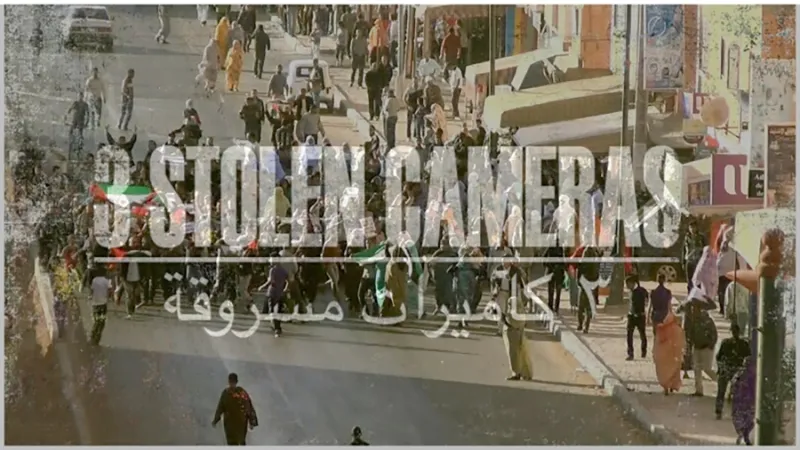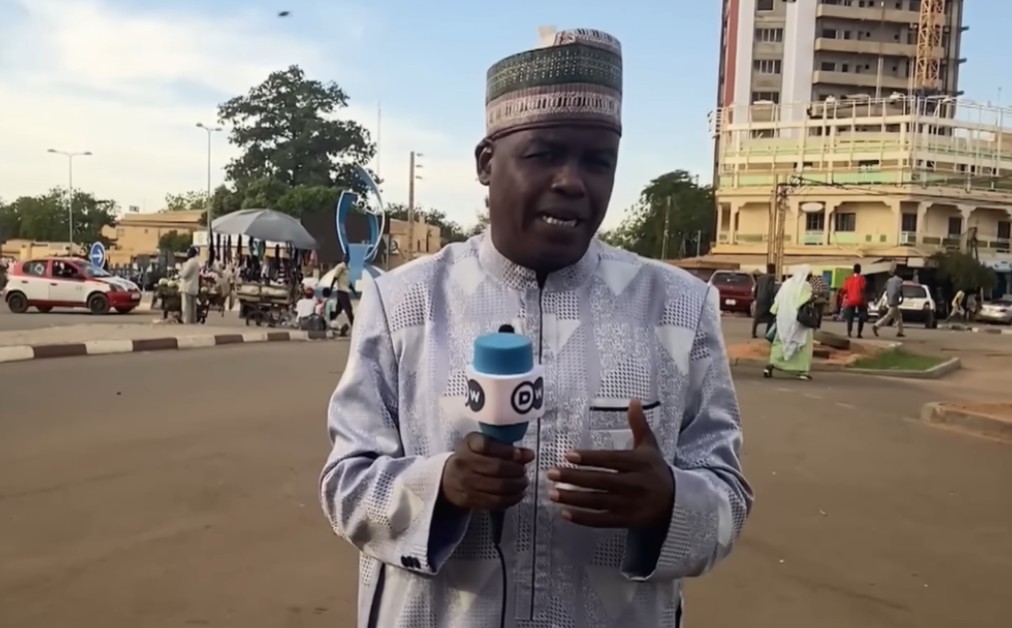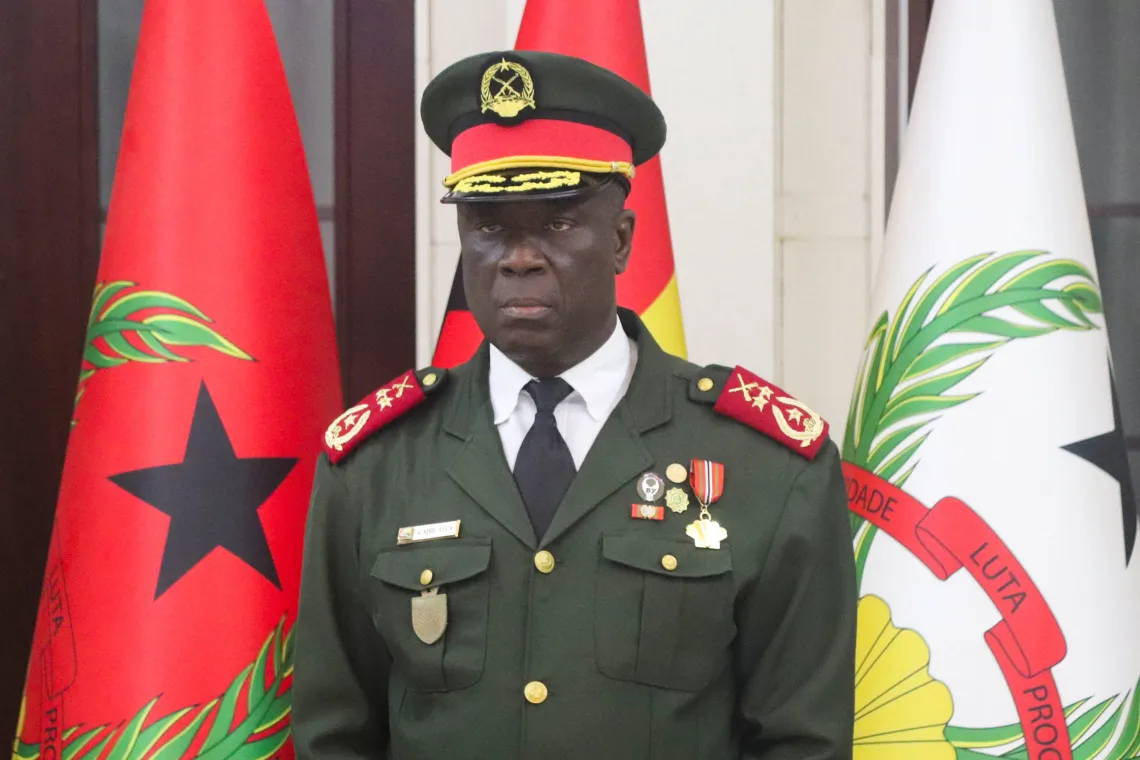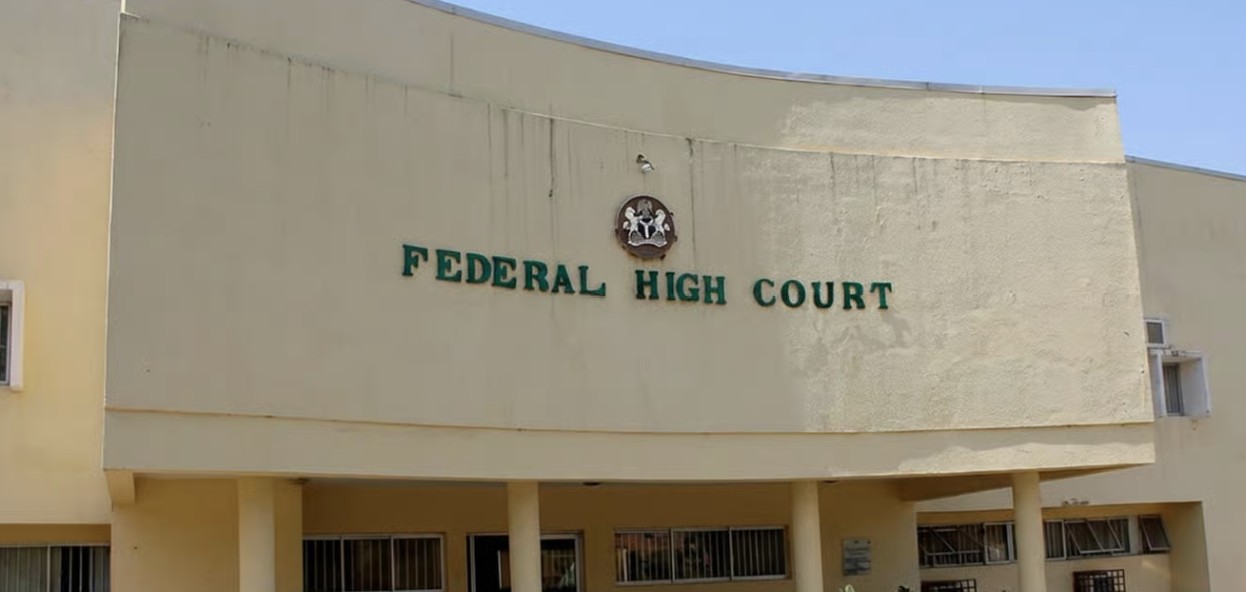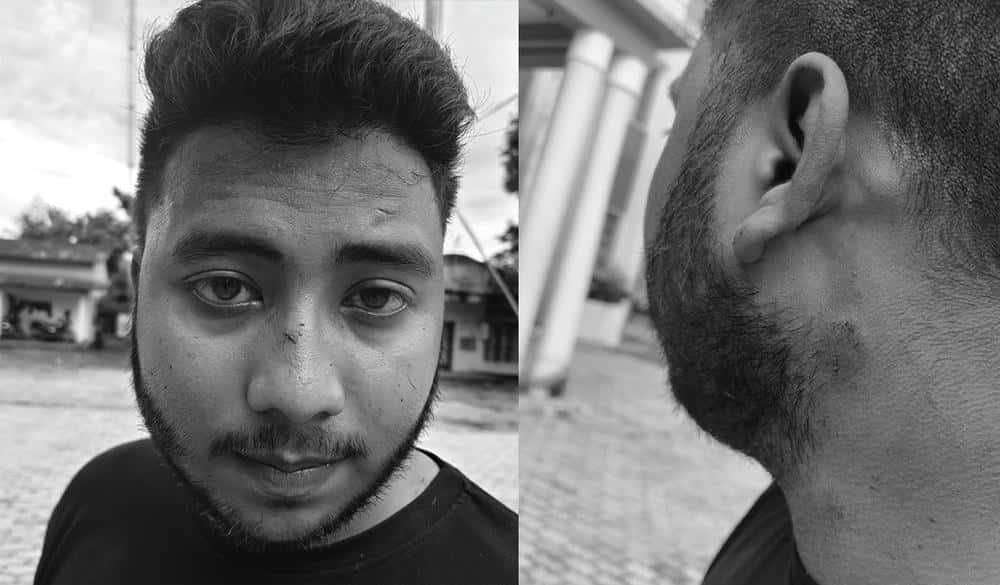
Assam Journalist Beaten by Mob While Reporting, Sparking Outcry Over Rising Attacks on Press
July 5, 2025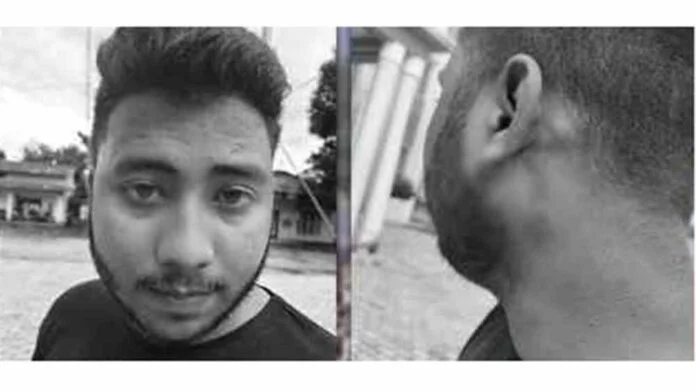
Journalist Madhurjya Saikia Injured in Assam Attack as Press Unions Raise Alarm
July 6, 2025July 06, 2025 – Morocco –
A growing chorus of resistance against Morocco’s occupation of Western Sahara has emerged through two powerful forms—film and diplomacy. The short documentary “3 Stolen Cameras”, produced by the Sahrawi activist group Equipe Media in collaboration with Swedish film collective RåFILM, offers a raw, underground glimpse into the violence, surveillance, and media blackout faced by Sahrawi journalists. Filmed covertly in Laayoune, the capital of occupied Western Sahara, the documentary chronicles how Moroccan authorities use repression and censorship to suppress dissent, arrest journalists, and crush peaceful protests. The “three stolen cameras” refer to the real equipment confiscated by Moroccan police—emblems of both surveillance and silencing.
Despite tight media control, the film has been screened at international festivals and praised for documenting a reality few outside Western Sahara can access. With scenes showing demonstrators beaten in the streets and activists climbing rooftops to record footage before being arrested, the documentary highlights the daily risk of reporting under occupation. It also represents a rare form of Sahrawi narrative sovereignty: telling their own story in defiance of state-imposed invisibility.
On the diplomatic front, former U.S. National Security Adviser John Bolton has reignited criticism of Morocco’s refusal to allow the long-promised referendum on Sahrawi self-determination. In a scathing statement, Bolton described the situation as “absurd,” blaming Rabat for reneging on commitments made under the 1991 UN ceasefire and the 1997 Houston Accords. He condemned Morocco’s diplomatic maneuvers—including the 2020 normalization deal with Israel in exchange for U.S. recognition of Moroccan sovereignty over Western Sahara—as a betrayal of international law.
Bolton dismissed Moroccan claims linking the Polisario Front to extremist groups as propaganda and called for the international community to uphold the Sahrawis’ right to choose their future. His remarks underscore the growing global impatience with a conflict the UN has failed to resolve for decades.
Together, the covert cameras and Bolton’s blunt remarks reflect a widening fracture in Morocco’s control of the narrative, one challenged by hidden footage and high-level voices demanding justice for the Sahrawi people.
Reference –

